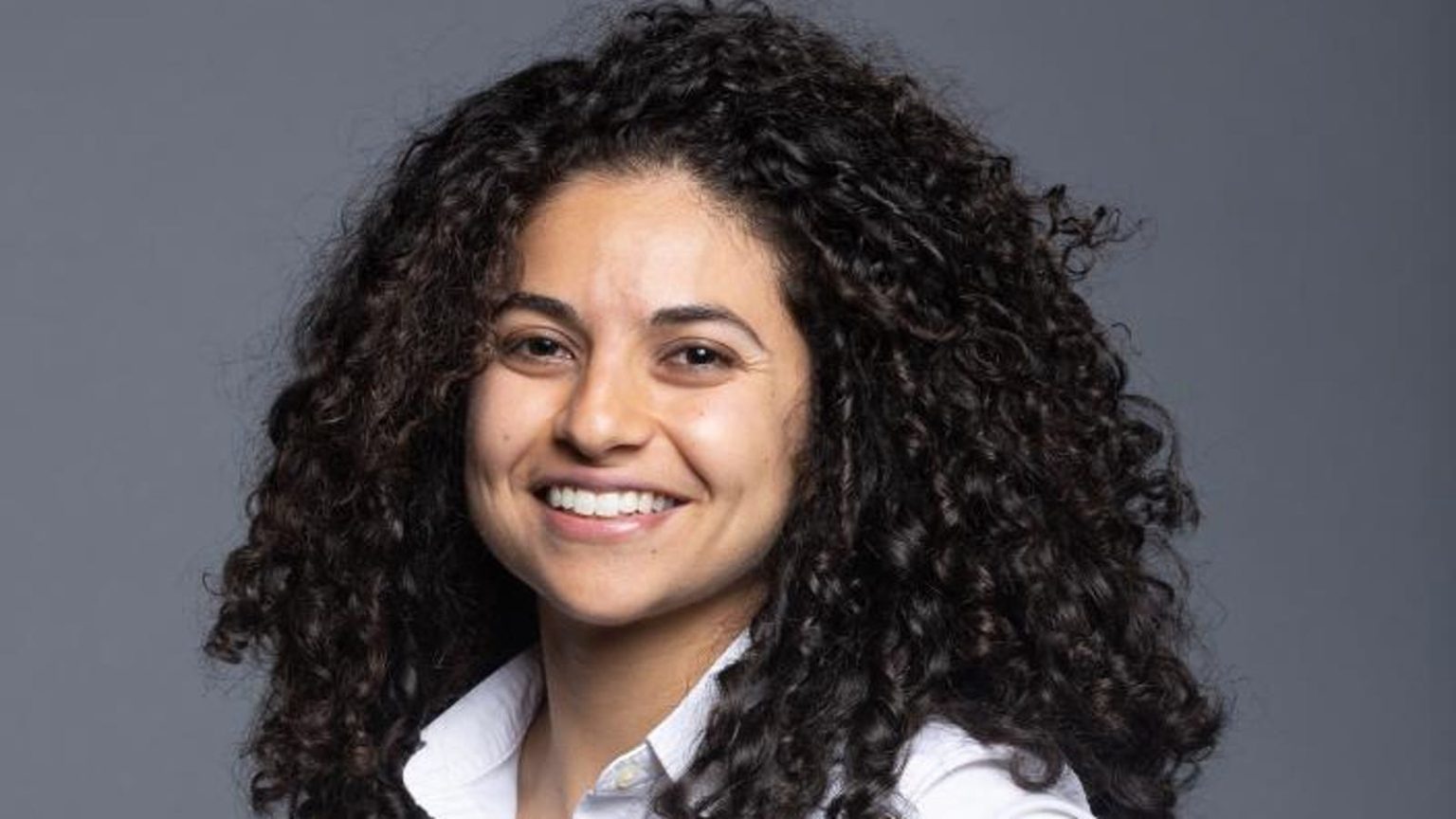Recent developments in the field of medical AI have sparked a revolution, particularly in the realms of genomics, oncology research, and other biological and anatomical applications. One researcher, Ava Amini from Microsoft Research, is leading the charge in integrating biology and AI for precision medicine and precision health. Amini emphasizes the importance of recognizing the uniqueness of each individual’s biology, rather than treating patients as instances in a population. This paradigm shift in thinking about medical AI is essential for personalized medicine, which leads to better targeted outcomes for patients and increased competency for doctors.
Amini highlights the complexity of human biology, citing statistics such as 100,000 mutations, 10 million genes, 200,000 proteins, and 34 million cells in a single biopsy. This vast amount of data underscores the need for innovative approaches to medical AI that can leverage this information for improved patient care. Amini is involved in a collaborative project with Microsoft, MIT, and Harvard to enhance the pipeline for clinical AI work, creating a “flywheel” effect that generates new and refined data for use in clinical practice.
One tool that Amini is working on is EvoDiff, a framework that combines evolutionary data with diffusion models for controllable protein generation in sequence space. This open-source tool is part of a wider trend in the AI community of working together to leverage AI tools for the benefit of all. The goal is to unlock the power of biology with genAI and AI tools to not only aid in diagnosing diseases but also to form better treatment plans based on each individual’s unique biology.
When it comes to using AI in a clinical context, Amini and other researchers are pushing the boundaries of what is possible by thinking outside the box. By marrying biology and AI, researchers hope to revolutionize precision medicine and health by understanding the intricate patterns of human biology and treating each individual as a unique organism. This approach has the potential to transform the field of medicine, making patient care more personalized and effective while empowering doctors with the tools they need to succeed.
The incorporation of AI in radiology and diagnosis is just the beginning – the true power of AI lies in its ability to decipher and utilize vast amounts of biological data to tailor treatments specific to each individual. As the field continues to evolve, collaboration between researchers and institutions will be crucial in harnessing the full potential of AI for the betterment of patient care. Through innovative tools and frameworks, such as EvoDiff, researchers are paving the way for a future where AI and biology work hand in hand to revolutionize the way we approach healthcare.













